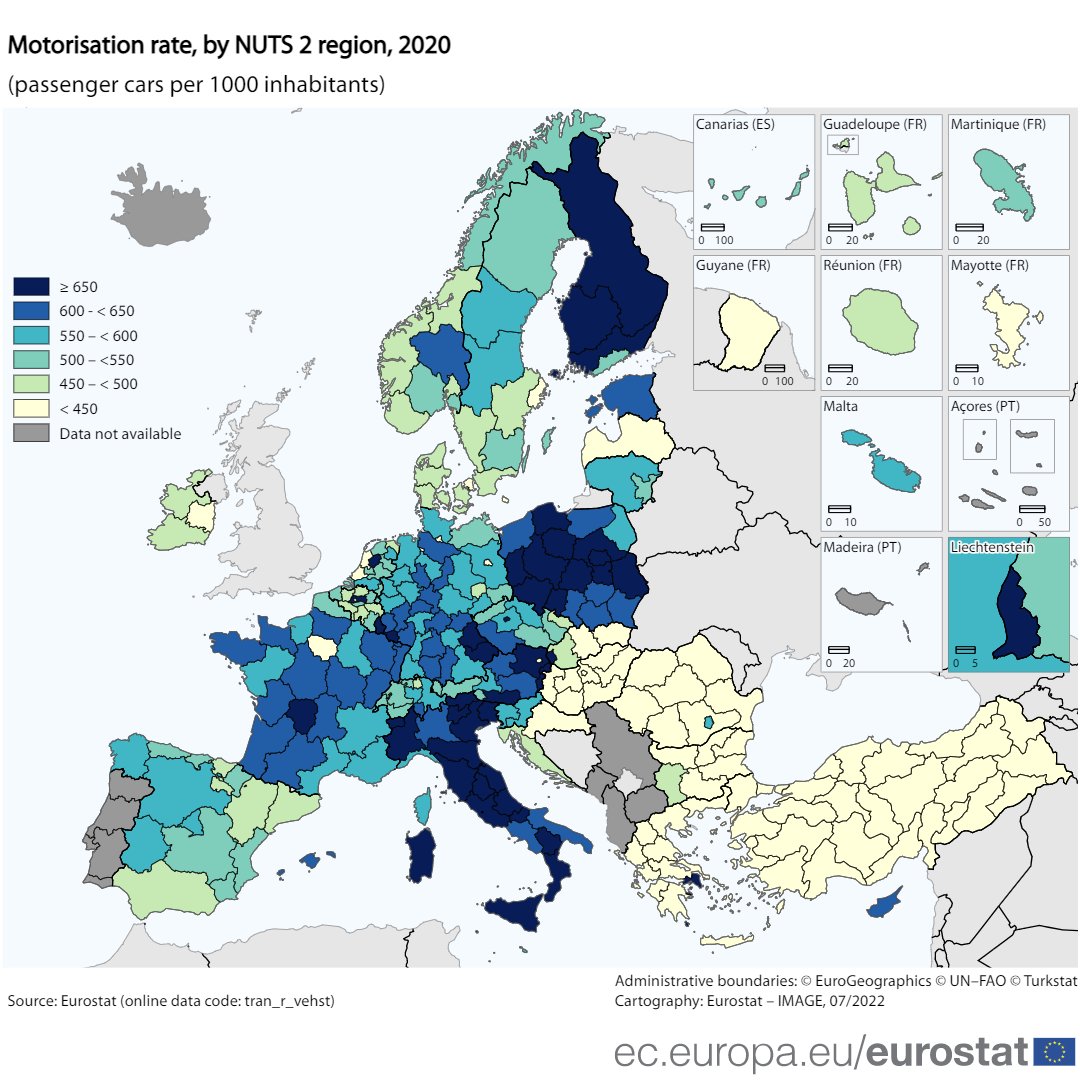First, a German Environment Agency study estimated the impact of motorway speed limit #Tempolimit at -2MT CO2/y.
Then another UBA study found -6Mt.
Now a study commissioned by the FDP says it's more like -1Mt.
What might be going on here? (THREAD) focus.de/186830113
Then another UBA study found -6Mt.
Now a study commissioned by the FDP says it's more like -1Mt.
What might be going on here? (THREAD) focus.de/186830113
[Disclaimer: I haven't read any of the three studies in full - this specific topic isn't something I work on. So I can't / won't get into the details. This thread is about making a point of principle on how science works & how we should debate about it]
Estimating the CO2 impact of measures that might be implemented in the future (but haven't yet) is *damn difficult*. Because well... we don't really know what will happen, we have to make *assumptions* about it.
Actually it can even be difficult to estimate the CO2 impact of measures that *have* been enacted already, if a lot of other things where going on at the same time. Ex. estimate the net impact of the 9€ ticket while there was a fuel tax cut & in the first post-COVID year...
So estimating these things is *difficult*. Which also means that *there is no one-right way of doing it*. There are different, more or less plausible assumptions that we can make regarding not just the impacts per se, but which kind of impacts we want to consider
So for example it seems that the study that comes to the highest emission reduction estimates has considered a broader range of (less direct) impacts of a motorway speed limit
https://twitter.com/giulio_mattioli/status/1616180730295369728
"So who's wrong!? Who's right!?" I hear you say. The thing is: we *don't know*.
That's where you need a bit of a scientific mindset. Which means: be comfortable with *uncertainty*. But also not too comfortable: don't give up on pursuing the "truth".
That's where you need a bit of a scientific mindset. Which means: be comfortable with *uncertainty*. But also not too comfortable: don't give up on pursuing the "truth".
So what would be the true CO2 reduction impact of a 120km/h #Tempolimit!? Is it really anyone's guess?
Not at all. If we have different studies with different assumptions getting to different values, we have a *range* of values. The true reduction is probably somewhere in there
Not at all. If we have different studies with different assumptions getting to different values, we have a *range* of values. The true reduction is probably somewhere in there
So we can say that, for what we know so far, the CO2 reduction impact of a 120km/h #Tempolimit is between -1.1 and -6.7MtCO2 per year, depending on the assumptions.
BTW this means that there is no controversy on *whether* it will reduce emissions, only by *how much*.
BTW this means that there is no controversy on *whether* it will reduce emissions, only by *how much*.
That's already a step forward in the German debate, where right-of-the-centre politicians often outright deny that a #Tempolimit would reduce emissions ⬇️
https://twitter.com/giulio_mattioli/status/1525583287506329600
If even a study commissioned directly by the FDP (which adamantly opposes #Tempolimit as a matter of principle) finds a CO2 reduction, I'd say we can be quite sure that there *is* a reduction - it's just that we're not quite sure how high.
So that's how we should debate about these things. Let's focus on the common ground between the studies. That's where we can be more sure.
On where the studies diverge (the magnitude of the effect): let's discuss the assumptions critically.
On where the studies diverge (the magnitude of the effect): let's discuss the assumptions critically.
How *not* to debate these things. Believe that your own study is the only correct one and all others are "unscientific" ⬇️ 

But again, it's a fine line. Sometimes the assumptions are actually so questionable & biased & outside of the scientific consensus that they deserve to be called out. See example below (ENDS).
https://twitter.com/giulio_mattioli/status/1592428684140769283
PS: there is a way of reducing uncertainty and getting more accurate estimates: fund more studies AND EXPERIMENTS: let's introduce limits on some motorways for a while and observe what happens!
As far as I understand one of the big problems at the moment is that there is not enough data from trials like that, partly because the government is not so keen on implementing them.
• • •
Missing some Tweet in this thread? You can try to
force a refresh













